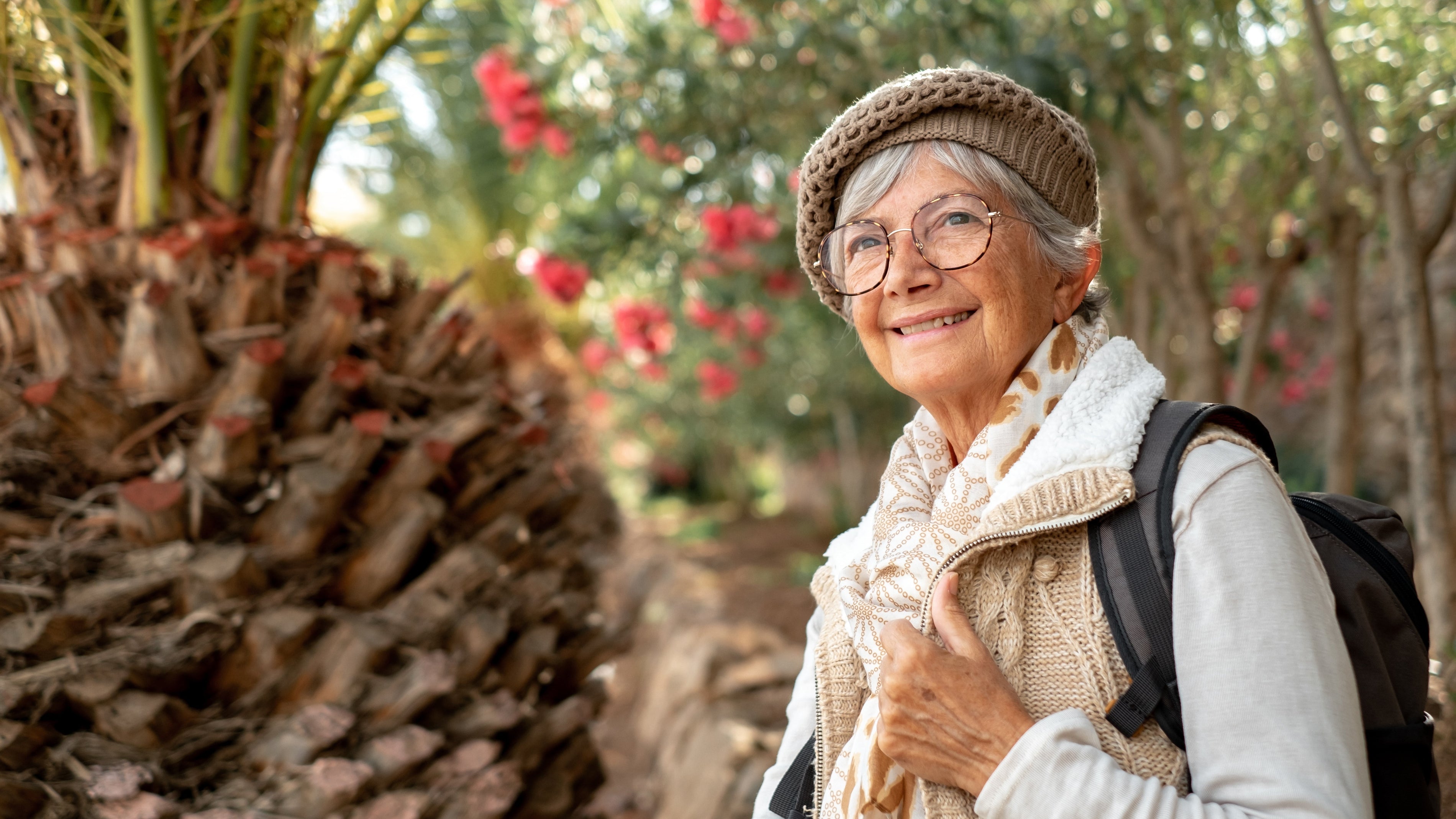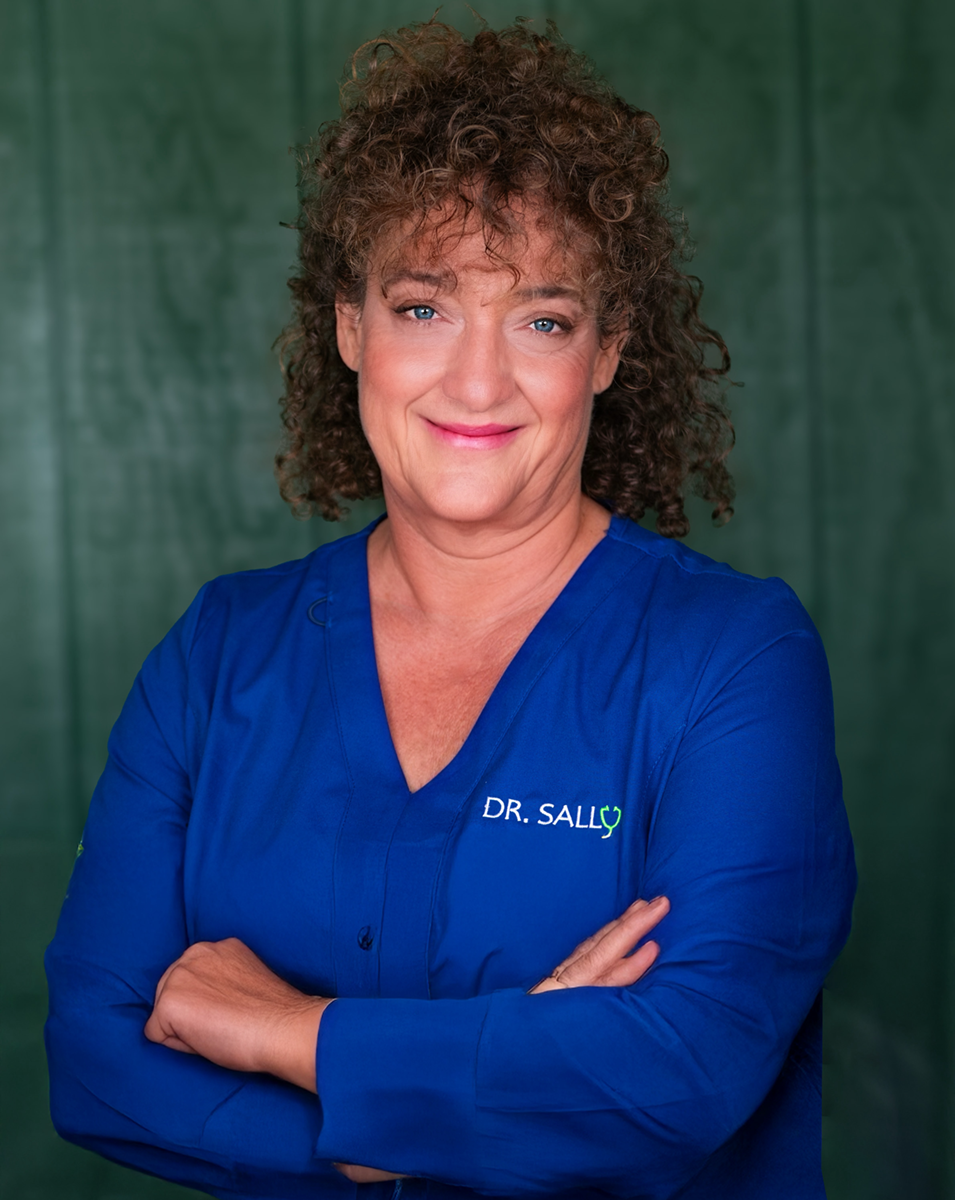Let's be honest: some things in life feel too essential to handle over a screen.
When it comes to something as serious as cancer detection, many people, especially those of us over 50, want to sit across from a doctor, look them in the eye, and ask the hard questions.
You want to know you're being heard, seen, and understood. You want a human connection.
So, if the idea of discussing cancer risk, test results, or treatment options through a telemedicine portal makes you uneasy, you're not alone. I get it.
I want to explain why this model of care isn't just convenient - it's capable, thoughtful, and, in many cases, better than what you may be used to.
Why Virtual Doesn't Mean Impersonal
I built my practice around believing that real healing starts with deep listening. That doesn't change just because there's a screen between us.
Telemedicine allows us to spend more time with you. Because we don't have to rush between exam rooms, we can offer more focused attention, extended conversations, and better follow-up.
I've designed this virtual experience to feel grounded, thoughtful, and completely yours. It's not a chatbot. It's a real doctor who will take the time to answer your questions, explain your results, and help you navigate every step of your health journey.
But Can Cancer Risk Be Evaluated Over Telemedicine?
Here's where the world of medicine has changed for the better.
Multi-Cancer Early Detection (MCED) testing doesn't require a physical exam - it requires insight, judgment, and the right lab partnerships.
This blood test is done through a CLIA-certified lab and can be coordinated through local draw stations or in-home phlebotomy services. That means you don't need to fly in, wait in line, or sit in a crowded waiting room.
Your test results come directly to our office, and when you meet virtually with a clinician, we walk you through every detail - what we found, what we didn't, what it means, and what we do next.
We pair those results with your family history, family risk, current health patterns, and long-term goals. We offer helpful resources for those in this screening process and can refer you to an oncologist, functional medicine doctor, or therapist if needed.
If you want more personalized care, you can become a primary care patient at my practice. As your doctor, I can coordinate imaging or specialist referrals, explain test confidence levels, communicate with your care team, and support you emotionally if needed.
This is not a "drop-and-run" test - it's a guided process with real support. Please note that I am a primary care doctor, not a cancer specialist. Complete care and ongoing support begin once you join the practice.
Why So Many of My Patients Prefer It Now
Telemedicine may have started as a convenience, but it's become a lifeline for many of my patients, especially those who've spent years bouncing between specialists.
Here's what they tell me they love:
- No travel is especially important on a rural island or if you're managing chronic fatigue or mobility issues.
-
No sterile waiting rooms or rushed appointments. You can be in your own space, at your own pace.
- More thoughtful care. Because I'm not limited by insurance reimbursement rules or corporate clinic quotas, we can practice medicine how it should be: careful, personalized, and rooted in trust.
Bridging the Gap: The Human Side of Virtual Care
Technology should not replace human connection. It should help restore it.
If you're not tech-savvy, don't worry. My team will walk you through every step. If you're nervous about privacy or security, I get it. We use a HIPAA-compliant portal that protects your information with the highest industry standards.
And if you just want to make sure I'm real? I am. And I'm here.
When Serious Health Meets Modern Tools
It's normal to feel uncertain about new care models. But please know this: You deserve answers, access, and care that fit your life, values, and comfort level.
Telemedicine isn't about replacing your intuition or ignoring your need for reassurance. It's about creating more time, access, and options - especially when the stakes are high.
Whether you're considering MCED testing or want a second opinion from someone who listens differently, we're here to help guide you. No judgment. Just a partnership.


